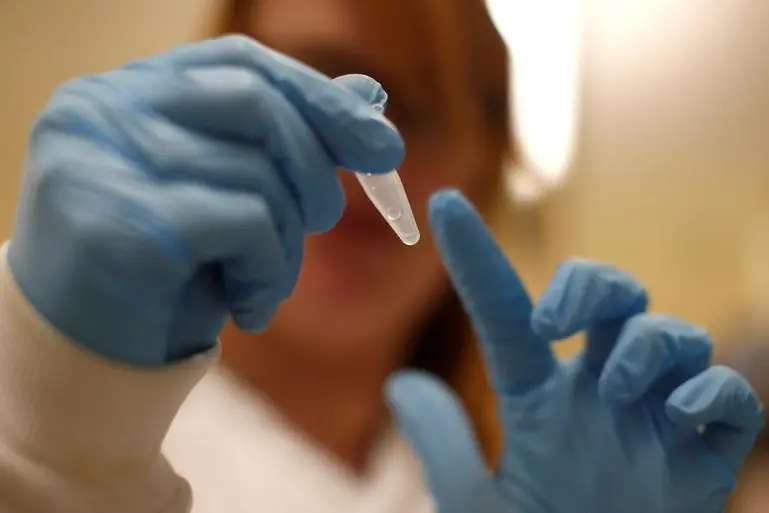PHOTO
Researchers in Bahrain have imported 60 “nude” mice from France to test a new drug that could be used in breast cancer treatment.
The joint research is being conducted between the Arabian Gulf University (AGU) and the Royal College of Surgeons in Ireland – Medical University of Bahrain (RCSI-Bahrain).
Dr Khaled Greish, one of the members of the team, told the GDN that laboratory experiments have been carried out on mice injected with cancer cells and treated with the new pharmaceutical compounds.
“I am working on this research with Dr Ibrahim El Deeb from RCSI-Bahrain who developed the new drug at the Princess Al Jawhara Centre for Molecular Medicine, Genetics and Inherited Disorders,” said Dr Greish.
“The drug has anti-cancer properties but has side effects that can affect the heart; and it was not soluble in water.
“We imported 60 nude mice from France because they do not have an immune system.”
These mice are hairless and have a defective immune system. They are often used in cancer research because they do not reject tumour cells from mice or other species.
The imported mice were injected with human breast cancer cells, said Dr Greish.
“The capacity of these compounds to treat breast cancer cells in mice was proven,” he said. “More tests will be conducted before we announce final results of the research.
“We still have a long way to go because it’s a long drug approval and development process that can cost about $50 million.”
Dr Greish, who has been actively working in cancer research for the past 15 years, said many drugs were being tested that could change patients’ lives.
“I was part of a research in Japan in 2004 when we tested a drug which did not cause the patient to lose hair or have any side effects.”
The research team also includes Al Jawhara Centre director Dr Moiz Bakhiet and Dr Marc Devocelle from RCSI-Bahrain.
Dr Greish said the next step would be clinical trials to assess the effectiveness of the drug in the treatment of other cancerous diseases.
AGU’s Faculty of Medicine for Graduate Studies and Scientific Research deputy dean Dr Randah Hamadah said that the research resulted from a joint co-operation agreement signed by AGU and RCSI-Bahrain in 2014, setting up a joint fund to finance mutual medical research between members of the teaching faculty of the two institutions.
“The scientific research covered by the fund aims to study diseases prevalent in the Arabian Gulf region,” said Dr Hamadah.
“To date, eight research projects have been funded, which seek to study diseases that constitute health and economic burdens in GCC states, searching for modern treatment solutions that will limit the spread of these diseases, especially cancer.”
RCSI-Bahrain’s Postgraduate Studies and Research head Professor Davinder Sandhu said he was pleased with the results of the research project and he anticipated further outcomes from other researches financed by the joint fund.
sandy@gdn.com.bh
© Copyright 2018 www.gdnonline.com
Copyright 2018 Al Hilal Publishing and Marketing Group Provided by SyndiGate Media Inc. (Syndigate.info).





















